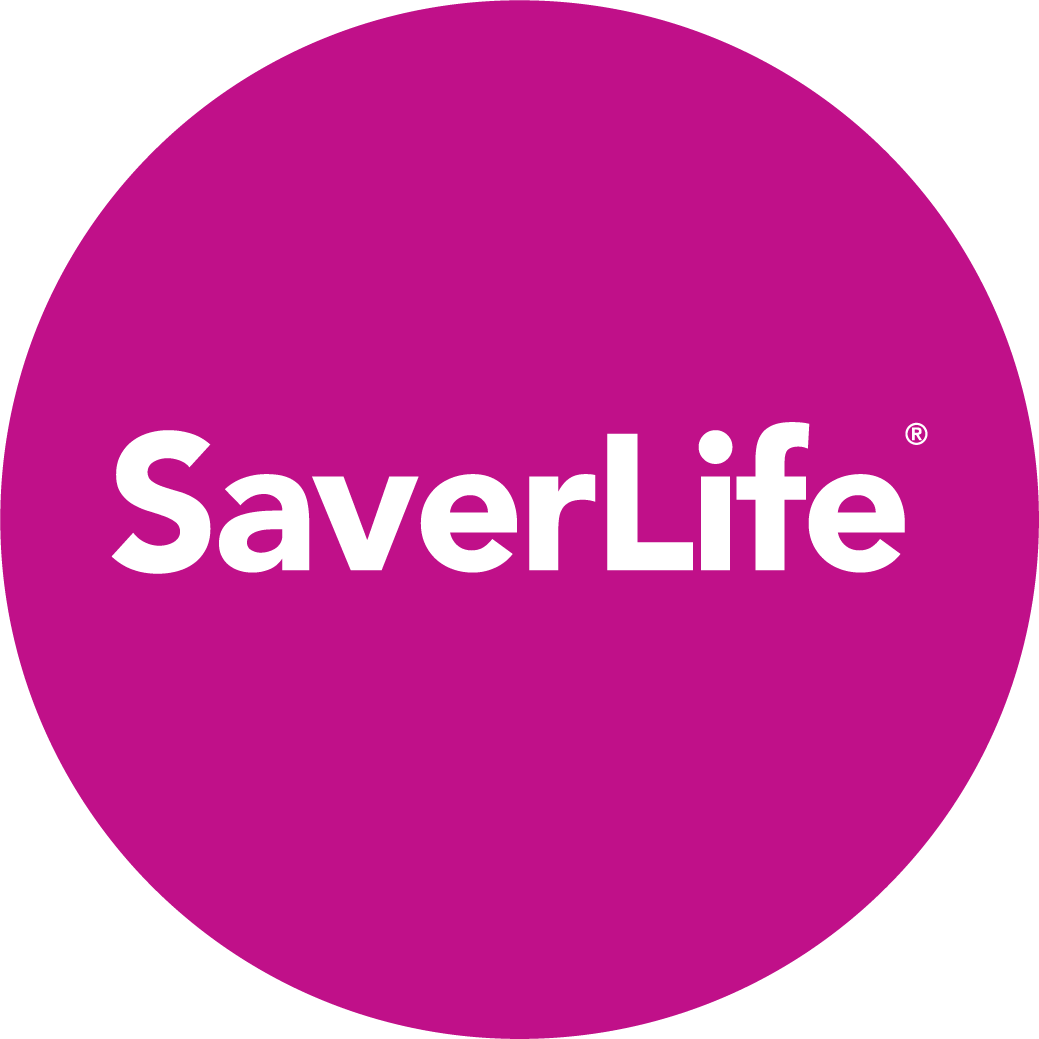Your Vote, Your Voice: Know Your Voter Rights

Reminder: Election Day is Tuesday, November 5, 2024.
You’ve heard of the Bill of Rights, but did you know there’s also a Voter Bill of Rights? Your vote is your voice. And voting is your right. Here’s what you need to know ahead of the elections.
Note: If you experience issues while voting, call or text the Election Protection Hotline at 1-866-OUR-VOTE or 1-888-VE-Y-VOTA (en Español).
What are my general rights on Election Day?
1) You may have the right to vote early or vote from home.
If you cannot vote in person on Election Day, you may be able to vote early or by absentee vote-by-mail ballot. Some states allow any voter to vote absentee; others have stricter requirements.
- Learn about your options to exercise absentee or early voting in your state.
- Check the deadline: you may need to request an absentee ballot before Election Day.
2) You have the right to ask for a ballot at your polling place on Election Day if you don’t have one already.
Voters are entitled to a provisional ballot, even if they aren’t in the poll book. After Election Day, election officials must investigate whether you are qualified to vote and registered. If you’re qualified and registered, they will count your provisional ballot.
What to do
- Ask the poll worker to double-check for your name on the list of registered voters. Make sure to spell your name out for the poll worker.
- If the poll worker still cannot find your name, confirm that you are at the correct polling place.
- If the poll worker still cannot find your name or if you cannot travel to the correct polling place, ask for a provisional ballot.
Pro Tip: If you need help, call or text the Election Protection Hotline at 1-866-OUR-VOTE or 1-888-VE-Y-VOTA (en Español). Report your experience to local election officials.
3) You have the right to stay in line.
If the polls close while you’re still in line, stay in line – you have the right to vote.
4) You have the right to ask for a new ballot.
If you make a mistake on your ballot, ask for a new one.
5) You have the right to ask for a paper ballot.
If the machines are down at your polling place, ask for a paper ballot.
6) You have the right to vote in an accessible place. You also have the right to an easy-to-use way to vote.
Every polling place must have at least one voting system that allows voters with disabilities to vote privately and independently. Election officials (including poll workers) must make reasonable accommodations as needed to help you vote and must provide you with help if it’s possible for them to do so.
7) You have the right to help if you have difficulty communicating in English.
- You can bring a family member or friend if you need assistance at the polls.
- Check whether your county is required to provide election assistance in a language you speak.
Lastly, you have the right to feel safe when exercising your right to vote.
Voter intimidation is against the law. It’s important to know that you shouldn’t hesitate to speak up and seek help if something doesn’t feel right. Voting should be stress-free. If something feels off, trust your gut.
If you encounter or witness voter intimidation, call or text the Election Protection Hotline at 1-866-OUR-VOTE (866-687-8683) to get help from a trained election protection volunteer. They are there to help. For non-English speakers, there are some language-specific options available.
Every vote counts. Make your voice heard this election.

SaverLife is a nonprofit organization dedicated to helping people improve their financial health. Through savings challenges, personalized tips, and trusted resources, we empower people to build stronger financial futures.
